Who We Are
US CLIVAR is a national research program with a mission to foster understanding and prediction of climate variability and change on intraseasonal-to-centennial timescales, through observations and modeling with emphasis on the role of the ocean and its interaction with other elements of the Earth system, and to serve the climate community and society through the coordination and facilitation of research on outstanding climate questions.
Our Research
The ocean plays a key role in providing a major long-term "memory" for the climate system, generating or enhancing variability on a range of climatic timescales. Understanding the ocean's role in climate variability is therefore crucial for quantifying and harnessing the predictability inherent to the Earth system. US CLIVAR-led research has played a substantial role in advancing understanding of, and skill in predicting climate variability and change.
Science and Research Challenges

Subseasonal-to-
Seasonal Prediction

Decadal Variability
and Predictability
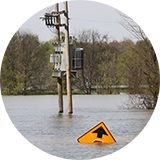
Climate Change
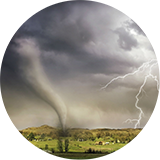
Climate and Extreme
Events

Polar Climate Changes

Climate and Marine
Carbon/Biogeochemistry

Climate at the Coasts
Announcements
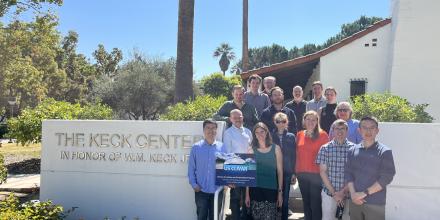
2026 Call for US CLIVAR Panel Members
The US Climate Variability and Predictability (US CLIVAR) Scientific Steering Committee (SSC) is seeking passionate and qualified individuals to join our three dynamic panels.
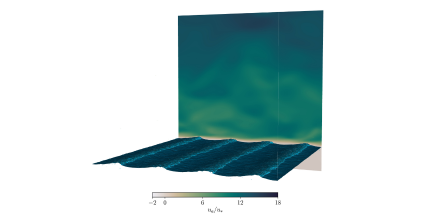
Coupled air-sea simulations reveal the dynamics of surface wave growth and breaking-induced dissipation
Scapin et al. (2026) demonstrate that the energy dissipated due to ocean wave breaking is determined by the energy stored in the waves, and is not directly dependent on the instantaneous wind speed.
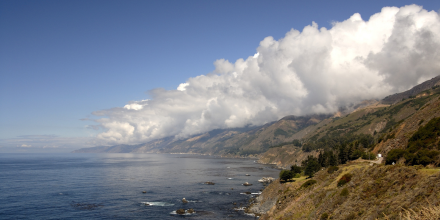
Optimizing Ocean Observing Networks for Detecting the Coastal Climate Signal Workshop Report is Published
The joint US CLIVAR and IOOC Optimizing Ocean Observing Networks for Detecting the Coastal Climate Signal workshop fostered collaborations across the ocean and climate science communities to accelerate the co-design of an optimized observing system.
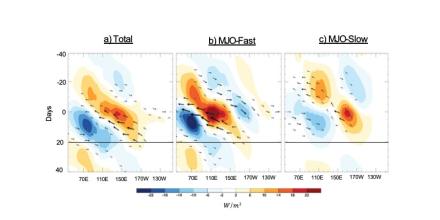
How interfering waves drive the MJO
A new study by Marsico et al. (2026) shows how the MJO's evolution is driven by superposition of a 45-day period "fast" mode and a newly identified 70-day period "slow" mode, rather than indices that treat the MJO as a single wave.
Upcoming Webinars
There are no upcoming Webinars at this time.
